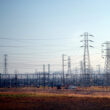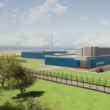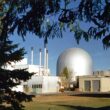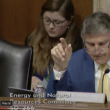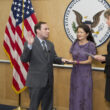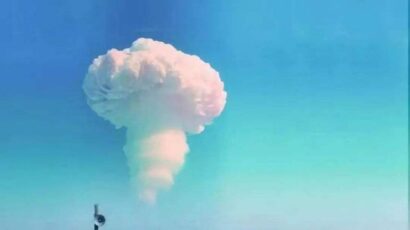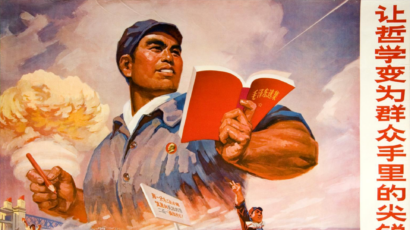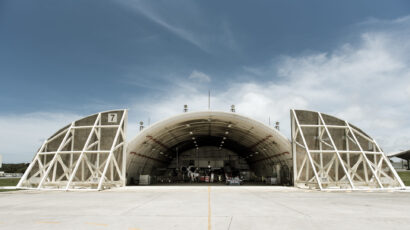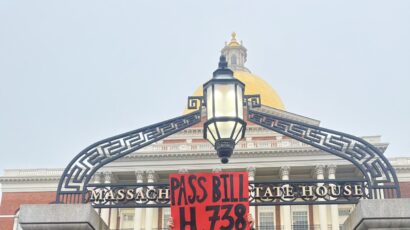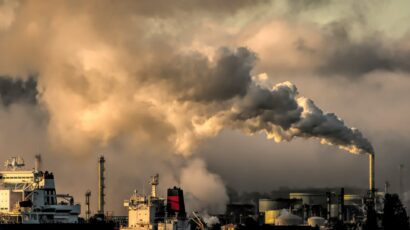Despite assurances, doubts persist
By Khaled Toukan, October 11, 2012
In my first Roundtable essay I acknowledged some advantages that might accrue to a country that relies on an international fuel bank for emergency supplies of low-enriched uranium (LEU), but primarily I explored the disadvantages of such an arrangement. Several of the disadvantages that I identified stemmed from my understanding that states accessing a fuel bank would be required to forgo rights guaranteed to them under the Nuclear Non-Proliferation Treaty — such as the right to enrich uranium or reprocess spent fuel.
It turns out that my understanding was not in harmony with the actual structure of two fuel-bank initiatives associated with the International Atomic Energy Agency (IAEA). Indeed, the agency states categorically that nations' rights regarding the nuclear fuel cycle shall not be compromised by assurance of supply mechanisms. Also worth noting is that gaining access to low-enriched uranium through a fuel bank would not require joining the bank; the fuel would be made available to any IAEA member state that met some basic criteria.
Although when I wrote my first essay I was unaware of some of the evolving details surrounding these two fuel-bank initiatives, I remain unconvinced that, in practice, fuel banks will work the way they are designed to work. To be clear, my respect for and appreciation of the IAEA are strong, and my skepticism about the fuel banks does not mean that I question the agency's intention to manage the facilities properly. Rather, my distrust springs from two issues: the motivations that may have led to the banks' establishment, and the influence that several nuclear weapon states might exert over the facilities due to their financial contributions to them.
Was the motivation for establishing the fuel banks solely to help emerging nuclear states develop their energy sectors? Or instead, as seems plausible, was it mostly to address proliferation threats by reducing the chances that non-nuclear weapon states would establish comprehensive nuclear energy programs? In fact, if nonproliferation was not the primary aim, why have the United States and other nations gone to the trouble and expense of negotiating, funding, and setting up fuel banks? A further question is whether there could have been a desire on the part of countries in the Nuclear Suppliers Group to limit the number of nations capable of providing nuclear fuel services, thus creating an oligopoly in the market for low-enriched uranium.
These questions naturally introduce doubts about the way fuel banks will work. For instance, the United States in its negotiations toward nuclear cooperation agreements has often attempted to restrict other nations' ability to use the equipment and materials acquired under the agreements for enrichment and reprocessing activities. So how can developing countries be sure that, if they ever experience a need for emergency supplies of low-enriched uranium, they will not come under political pressure from the United States to renounce their fuel-cycle rights? If a fuel bank's supplies of LEU run low, can supplier states necessarily be trusted to replenish them? And if a facility's reserves are depleted due to higher-than-expected demand, can a country without an enrichment capacity be sure that states with such a capacity will supply fuel to it?
Serious questions surround the motivations that have led to the establishment of fuel banks, and this leads inevitably to doubts about the fuel banks' operation. Until these questions and doubts are satisfactorily addressed, I will find it difficult to embrace the concept of international nuclear fuel banks. Regional fuel banks, on the other hand, might be able to provide assurances that would address the aforementioned doubts and concerns, and thus might find wider acceptance among emerging nuclear states.
Topics: Nuclear Energy
Share: [addthis tool="addthis_inline_share_toolbox"]

